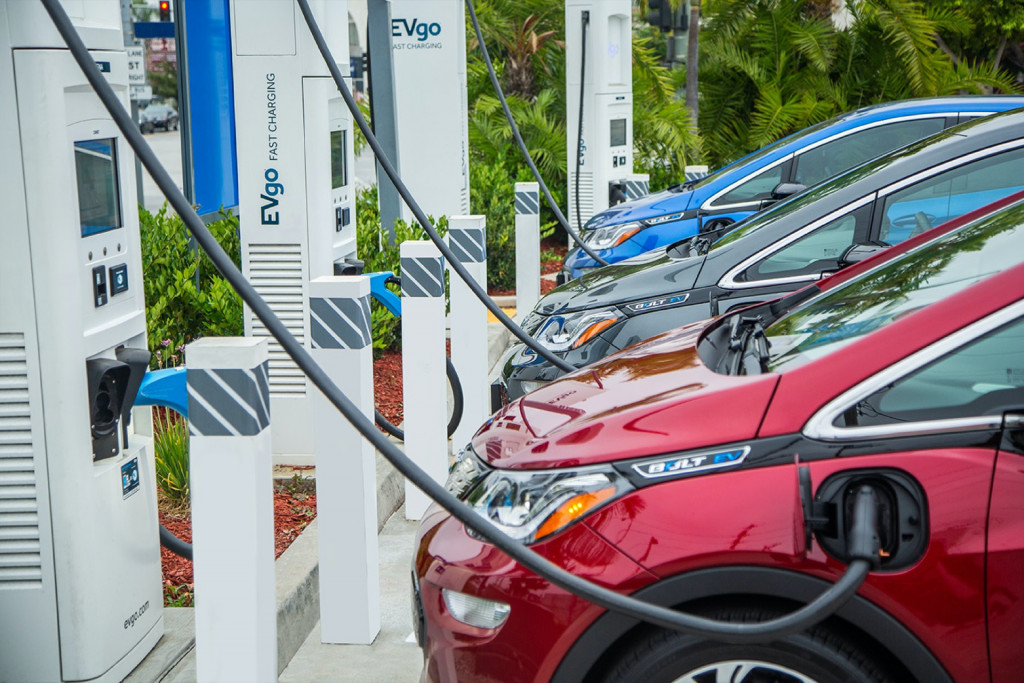The global coronavirus pandemic hasn't stopped interest in electric cars, according to a new Ipsos study.
In the United States and China, interest in electric cars has actually increased over the course of the pandemic, according to the study.
Analysts attribute that to greater familiarity with electric cars. Consumers who are more familiar with EVs are more likely to consider purchasing one, Ipsos noted.
However, the perceived benefits of electric cars don't necessarily align with the driving factors behind purchases, according to the study.
Globally, consumers considering an electric car most likely did because of environmental considerations, convenience, and reduced operating costs. But convenience—including access to carpool lanes for solo-occupant vehicles—topped the list of reasons buyers purchased an EV. That was followed by styling and tech features.
Ipsos phrased the increase in EV interest as occurring "despite" the pandemic, but people should pay more attention to air quality because of a lung-related virus.

GM and EVgo expand major-metro fast charging
To further grow interest, Ipsos recommended that automakers focus their marketing on increasing familiarity with electric cars, specifically by addressing barriers to wider adoption, such as range, affordability, charging infrastructure, and battery life. Automakers haven't been particularly enthusiastic about promoting their electric cars through advertising, so it's unclear if this advice will be heeded.
Early in the pandemic, we wondered if it might affect EVs more than the general market—and some analysis predicted that.
By and large, what we've seen in the market since then has shown heightened interest in EVs and a greater portion of the market out the other side of the pandemic.
Volkswagen has said that the pandemic makes EVs "more inevitable," while General Motors claims to have fast-tracked its EV program while some other programs were cut.
Meanwhile, charging habits have changed, with more drivers sticking to home charging even as public networks expand.












